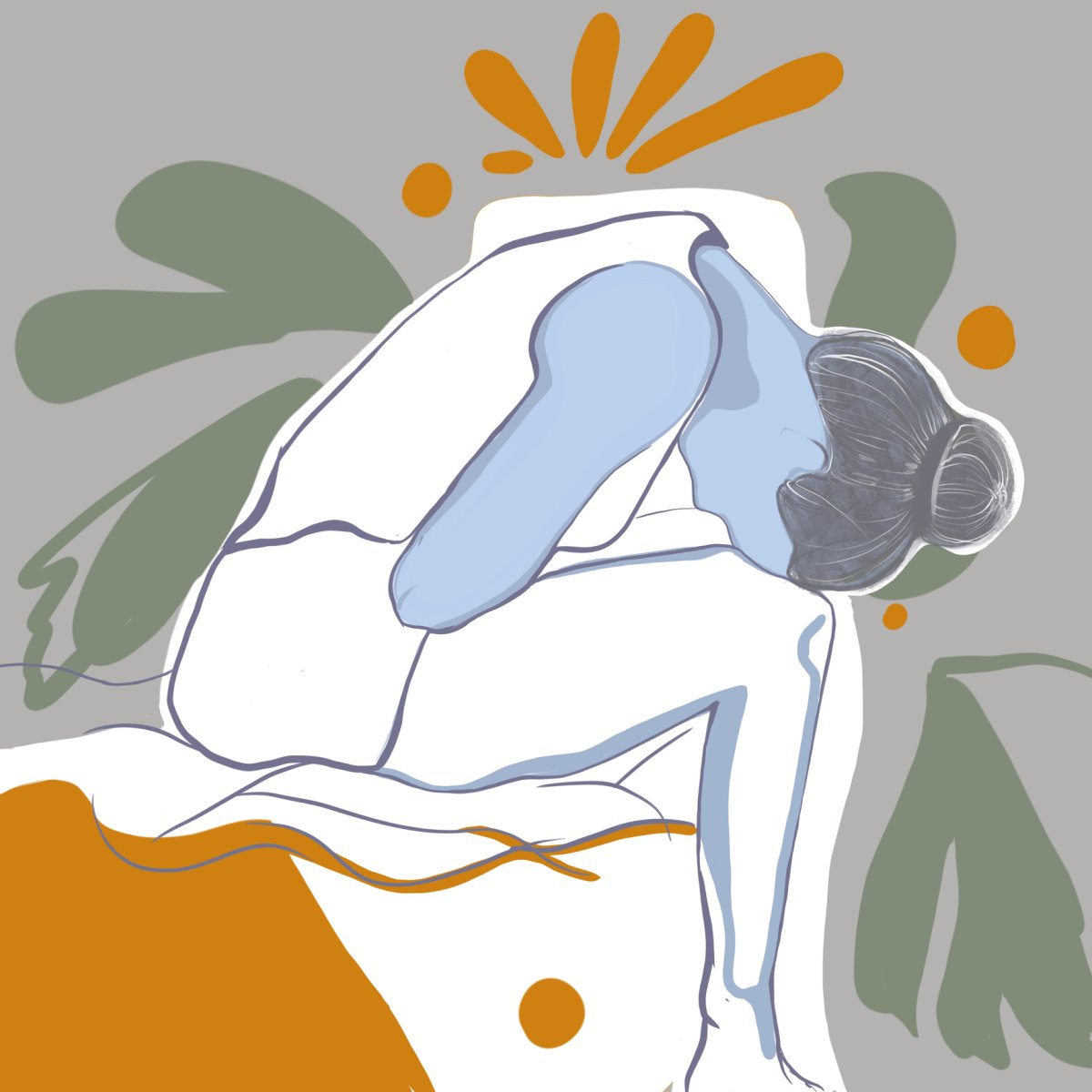A sweeping reform bill in Spain is updating the country’s policies on menstrual and reproductive health, and is due to be approved by the Spanish government next week.

If passed, the bill would allow those who menstruate to take up to three days of leave per month if they suffer from severe period pain, making Spain the first Western country to introduce the right to menstrual leave.
Currently, Japan, South Korea, Indonesia and Zambia have policies that grant menstrual leave, but until now, no European country had done the same. Canada and the U.S. also do not recognize rights to menstrual leave.
A study published in the Journal of Obstetrics and Gynaecology Canada estimates that 60 per cent of Canadians who menstruate meet the criteria for severe menstrual pain known as primary dysmenorrhea (PD). In the study, 51 per cent said their activities had been limited by menstrual pain and 17 per cent reported missing school or work.
Symptoms of PD include abdominal pain, headaches, vomiting and diarrhea according to Johns Hopkins Medicine.
“If someone has an illness with such symptoms a temporary disability is granted, so the same should happen with menstruation — allowing a woman with a very painful period to stay at home,” said Ángela Rodríguez, Spain’s secretary of state for equality.
- Kate Middleton marks quiet return to work following cancer treatment
- Health Canada gives 1 year to remove BVO from drinks. What are the risks?
- ‘Deeply ashamed’: Canadian Medical Association apologizes for harms to Indigenous peoples
- Never heard of eastern equine encephalitis? Cases are ‘likely underreported’
“It’s important to be clear about what a painful period is — we’re not talking about slight discomfort, but about serious symptoms such as diarrhea, fever and bad headaches,” Rodríguez told El Periodico newspaper. “When there’s a problem that can’t be solved medically, we think it’s very sensible to have temporary sick leave.”

Get weekly health news
The reform bill, which is expected to be passed at next Tuesday’s cabinet meeting, spain palso includes other measures to improve menstrual health.
The bill proposes that free sanitary pads be provided to students and people in marginalized situations, and would get rid of the government sales tax on pads and tampons.
Rodríguez claims that in Spain, “one in four women cannot choose the feminine hygiene products she wants to buy for financial reasons. That is why we propose that they can be dispensed free of charge in educational and social centers.”
Canada got rid of its federal sales tax on sanitary products in 2015 after months of pressure from politicians and advocates.
Spain’s government is also planning to remove a requirement that 16 and 17-year-olds must have parental permission to get an abortion and will guarantee abortion access in public hospitals.
Opt-out policies for doctors who refuse to practice abortion have made it difficult for some Spanish residents to terminate pregnancies if no providers in their area offer abortions.
The proposed bill would introduce an official register for medical staff who don’t want to be involved in terminating a pregnancy.
“The voluntary termination of a pregnancy will be guaranteed in all public hospitals. For that to happen, all centres with obstetrics and gynaecology services will need to have staff who guarantee the right to voluntary termination of a pregnancy. We will scrupulously respect the right to conscientious objection and we will make it thoroughly compatible with women’s right to decide when it comes to their bodies,” said Spain’s equality minister, Irene Montero.
One opponent to the bill has pointed out that menstrual leave may have negative impacts on the people who use it.
Sky News reported that Cristina Antoñanzas, deputy secretary of the UGT trade union, said that the move would “stigmatize women.”
“It does women a disservice,” she stated.
In Canada, advocates have long been calling for a national menstrual leave policy. In 2021, the Canadian company that manufactures the Diva Cup, a low-waste menstrual product, became the first workplace in the country to give employees paid leave for period pain.











Comments